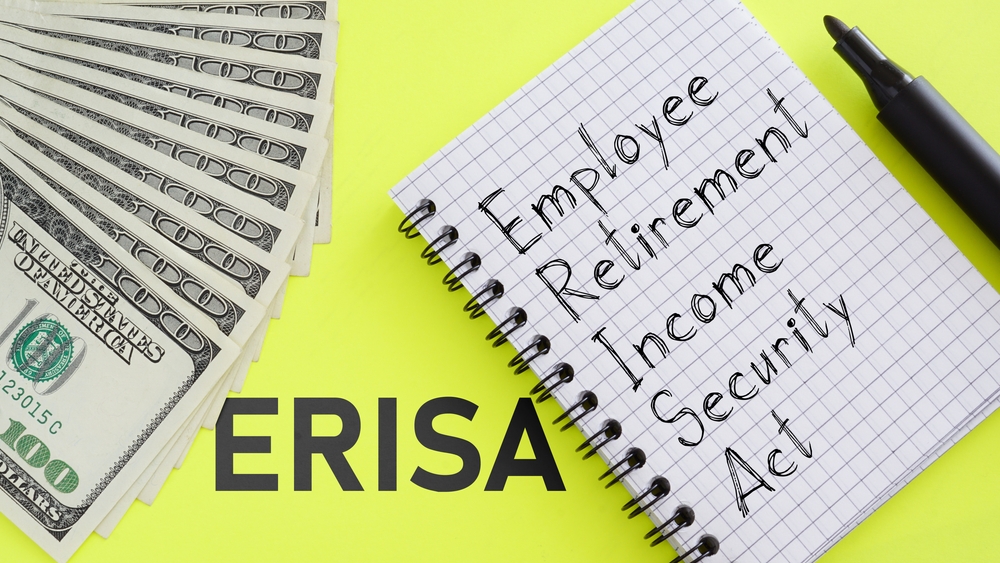ERISA and EAPs: What’s the deal?

When considering an employee assistance program (EAP), many business owners wonder if the Employee Retirement Income Security Act (ERISA) will govern the program. The answer is contingent on the setup of the EAP and its services.
In recent years, many businesses have intensified their efforts to support their employees’ well-being. These efforts include providing healthcare coverage and other activities to assist employees with issues such as:
- Financial planning
- Legal troubles
- Mental health concerns
- Substance abuse
An EAP is usually one of the solutions available. These programs often provide a benefits package to address situations and obstacles that may impair employees’ capacity to work. Benefits may include short-term mental health or drug abuse therapy or referral services, as well as financial counseling and legal services.
Medical care
In general, a plan, fund, or program formed or managed by an employer to offer ERISA-listed benefits, such as medical care, is an ERISA welfare benefit plan. Medical care or benefits are, in fact, the ERISA-listed benefit type most likely in an EAP. That also includes mental health counseling, whether it be for substance abuse, stress, or other difficulties. As a result, ERISA will undoubtedly cover an EAP that provides mental health counseling. An EAP that merely gives referrals and basic information without a staff of qualified counselors, on the other hand, is unlikely to be an ERISA plan.
Even if an EAP primarily relies on referrals, there are exceptions regarding it as providing medical benefits. For instance, if the people who answer the phone and make the referrals have training in a relevant subject like psychology or social work. If the EAP provides any ERISA-covered benefit, the entire EAP must abide by the law, even if it also offers non-ERISA-covered benefits.
Beyond ERISA
If you’re considering starting an EAP, you should determine if ERISA will cover it. The law’s provisions address important compliance issues like:
- Creating a plan document and Summary Plan Description
- Performing fiduciary duties
- Following claims procedures
- Filing IRS Form 5500
An EAP with the classification of a group health plan will be subject to the Consolidated Omnibus Budget Reconciliation Act (COBRA) and other group health plan obligations, such as mental health parity.
Another thing to remember is that EAPs that collect medical information from participants must follow the Health Insurance Portability and Accountability Act’s (HIPAA) privacy and security regulations. Even if they merely make recommendations and don’t offer medical care. Other group health plan regulations may not apply to an EAP. For example, an “excepted benefit” fits certain conditions and is not subject to HIPAA portability or specific Affordable Care Act regulations.
A worthy idea
It’s a good idea to consider providing an EAP to your staff. It is especially true now that employers are under more pressure to keep their employees. We can assist you in determining the costs, benefits, and risks of one of these programs. Contact our RRBB accountants and advisors today.
© 2022
RRBB eNEWSLETTER
Get free tax planning and financial advice



